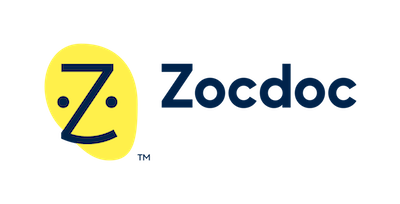DIABETES
HIGH BLOOD SUGAR | DIABETES SELF-MANAGEMENT TRAINING
Diabetes is a disease that causes high blood sugar. With diabetes, the body either doesn’t make enough insulin (a hormone that moves sugar from the blood into the cells) or can’t effectively use the insulin it does make.
Both genes and environmental factors play a role in triggering diabetes. If blood sugars are not controlled, it can lead to serious medical complications. Diabetes can be managed with medications and lifestyle changes.
DIET FOR TYPE 1 DIABETES
People with Type 1 diabetes need to match their food carbohydrate in each meal or snack to their dose of fast acting insulin. It is important to know the carbohydrate content in foods to be able to match the correct insulin dose and prevent reduce the risk of big highs and lows in blood sugar.
DIET FOR TYPE 2 DIABETES
People with Type 2 diabetes don’t have to be a carb-counting expert to reach their blood sugar goals. Limiting the portions of carbohydrates in meals to one-fourth of the plate will have wonderful results, as well as high sugary drinks and snacks.
DIET FOR PRE-DIABETES
People with pre-diabetes need to focus their efforts of achieving a healthy weight. The national diabetes prevention program was able to prove that a modest weight loss of 5-7%, along with 150 minutes of exercise per week, cut the risk of type 2 diabetes by 58%. Limiting carbohydrates and exercising regularly is a good way to start.
DIET FOR GESTATIONAL DIABETES
Women with gestational diabetes need to concentrate their efforts in how they distribute carbohydrates throughout the day so that they don’t exceed their body's ability to process those carbs each time they eat. Eating more frequently is a key strategy for GDM, while limiting carbs at breakfast.
DIABETES SELF-MANAGEMENT EDUCATION AND SUPPORT (DSMES)
All people with prediabetes and diabetes should participate in DSMES to facilitate the knowledge, skills and ability necessary to self-manage their diabetes. DSMES provides support to implement and sustain skills and behaviors needed for ongoing self-management.
BENEFITS OF DIABETES SELF-MANAGEMENT EDUCATION AND SUPPORT
Improves knowledge
Lowers Hemoglobin A1c and weight
Improved quality of life
Reduced all-cause mortality
Reduced health care costs
Covered by most insurance
Diabetes Standards of Care 2019, American Diabetes Association
Make an appointment to see the bilingual Certified Diabetes Educator and Registered Dietitian Nutritionist at our office to help manage your diabetes type.
